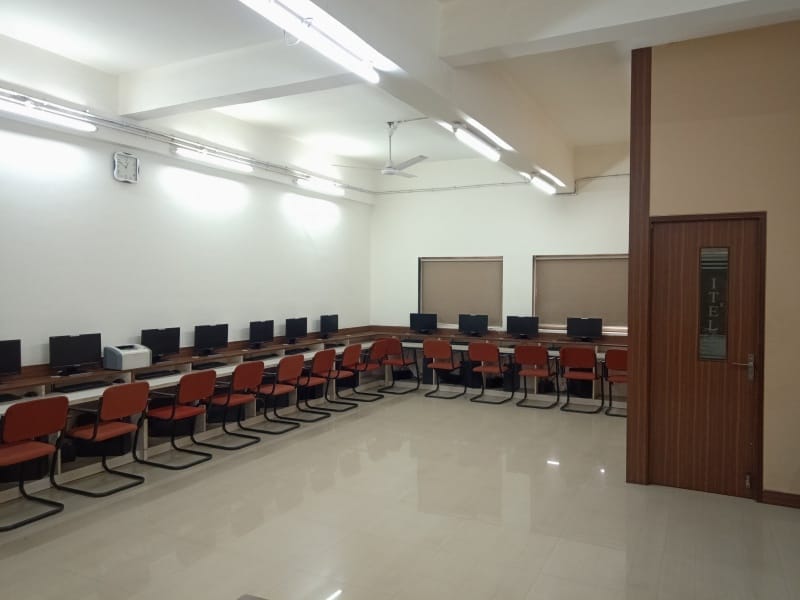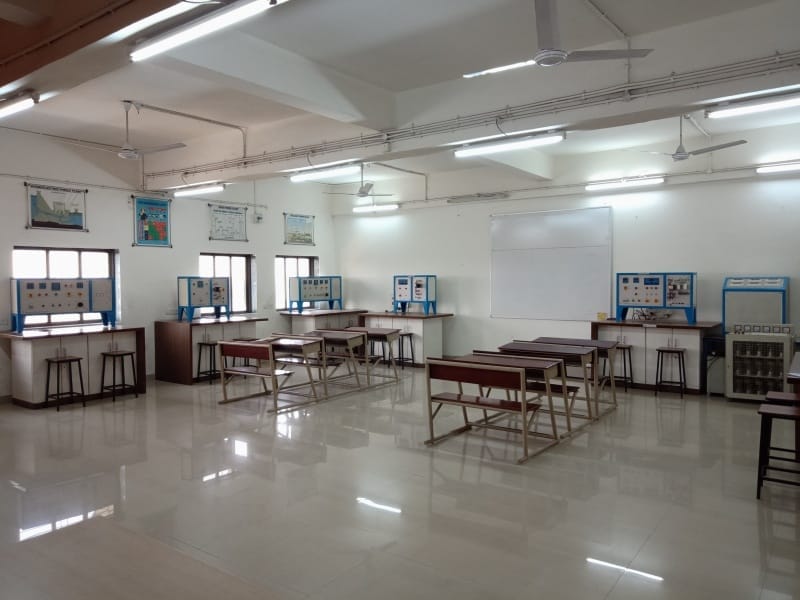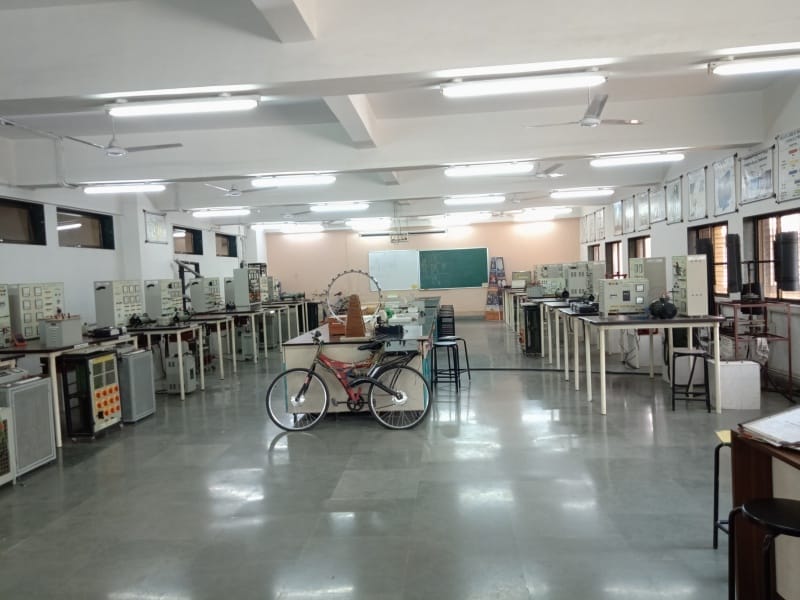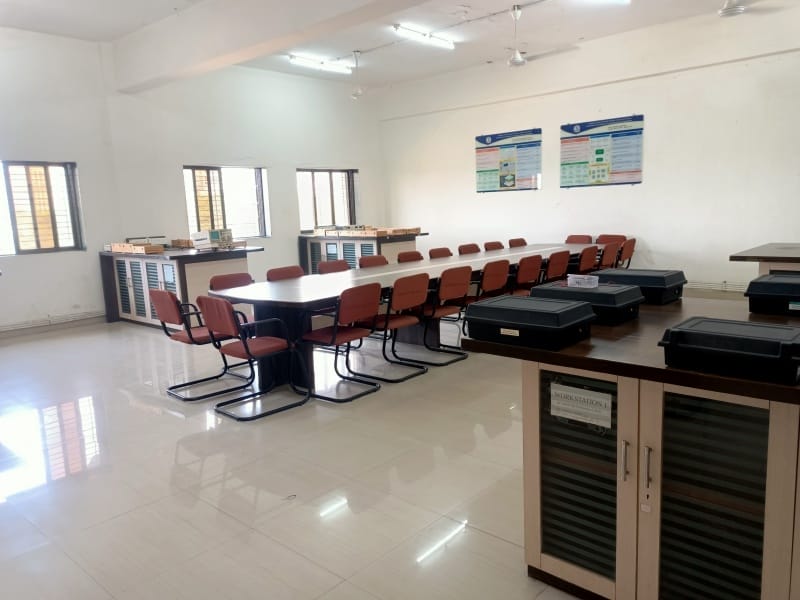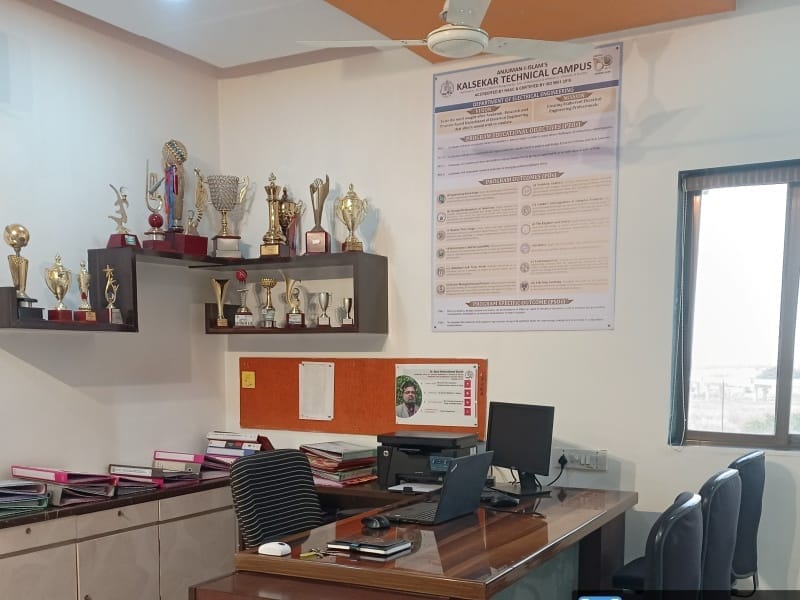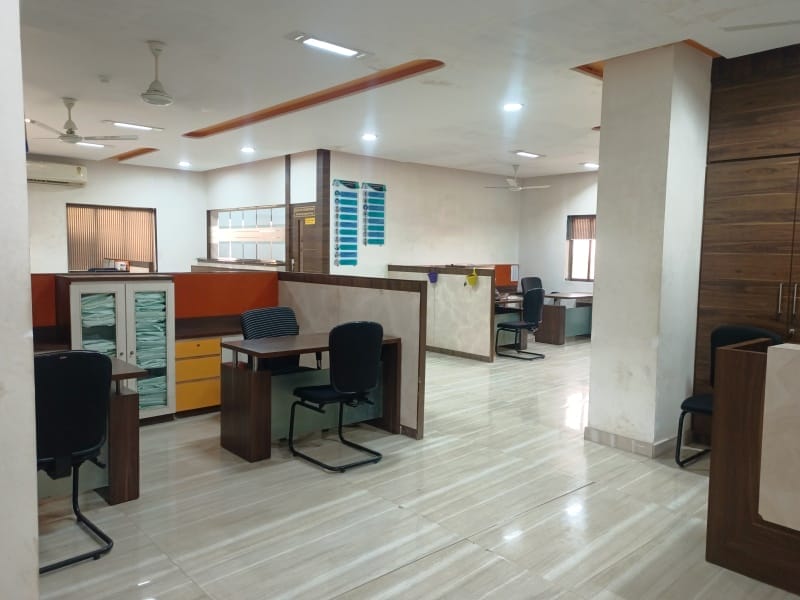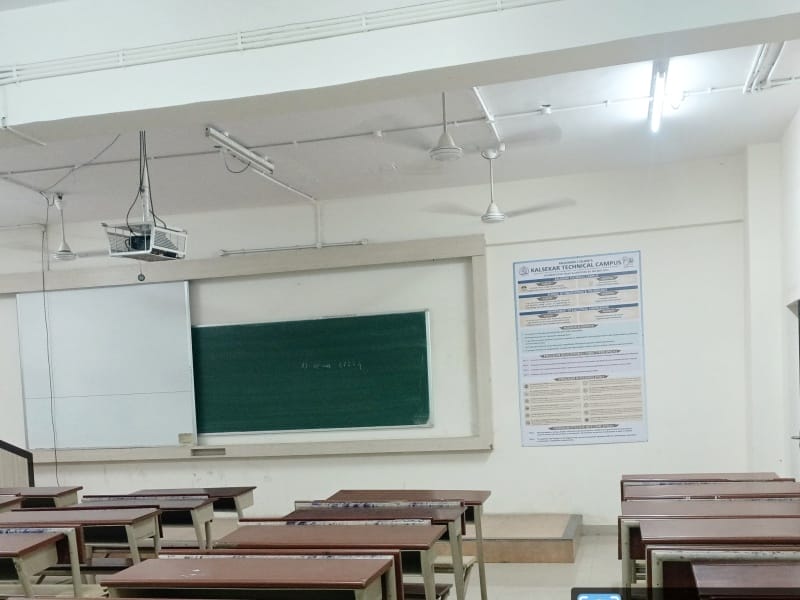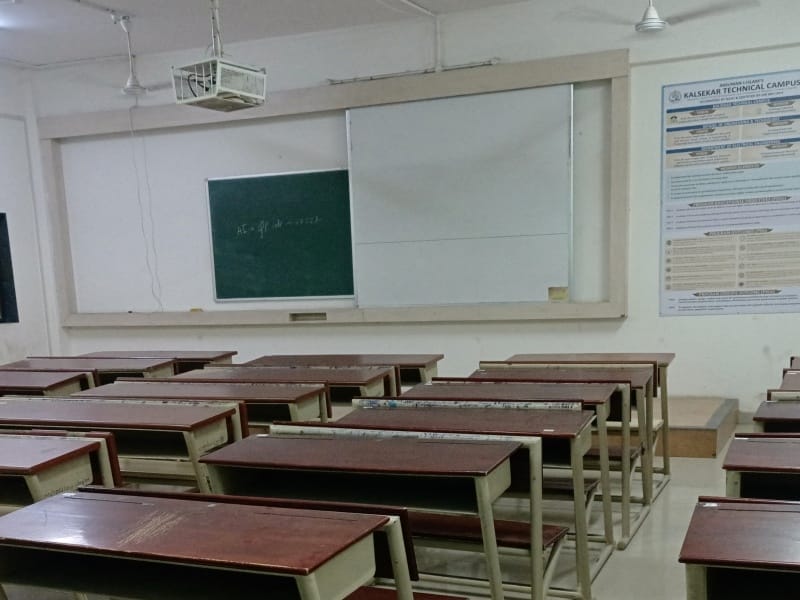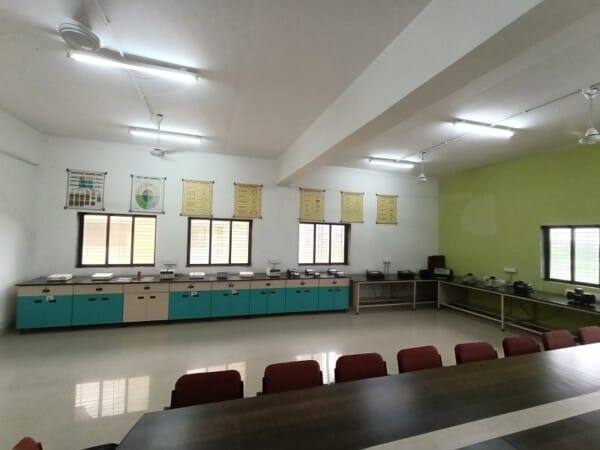An Autonomous Institute Affiliated to the University of Mumbai
AFFILIATED TO UNIVERSITY OF MUMBAI | APPROVED BY AICTE | RECOGNISED BY DTE, GOVT OF MAHARASHTRA | ACCREDITED BY NAAC | ISO 9001:2015 & 14001:2015
- Home
- About Us
- Programs
- Admission
- Admission Guidelines
- Admission Notification
- Under Graduate
- B.Tech in Civil Engineering & Technology
- B.Tech in Computer Engineering & Technology
- B.Tech in Computer Science Engineering & Technology (AIML)
- B.Tech in Computer Science Engineering & Technology (Data Science)
- B.Tech in Electrical and Computer Engineering & Technology
- B.Tech in Electronics and Computer Science
- B.Tech in Mechanical Engineering & Technology
- Bachelor of Science (I.T.)
- Post Graduate
- Research
- Prospectus
- Fees
- Facilities
- Students
- Social Activities
- Alumni Association
- Anti-Ragging Cell
- Women Development and Grievance Cell
- Internal Complaints Committee
- Student Grievance Redressal Committee (SGRC)
- Grievance Form
- Equal Opportunity Cell
- Divyangjan
- NSS and Extension Activities
- Students Mentoring and Counselling
- Student Feedback & Exit Form
- Request Fee Structure
- Bonafide Certificatre
- Student Council
- Programmers Club
- Centre
- Placement
- Exam
- Disclosure
- NAAC
- NBA

